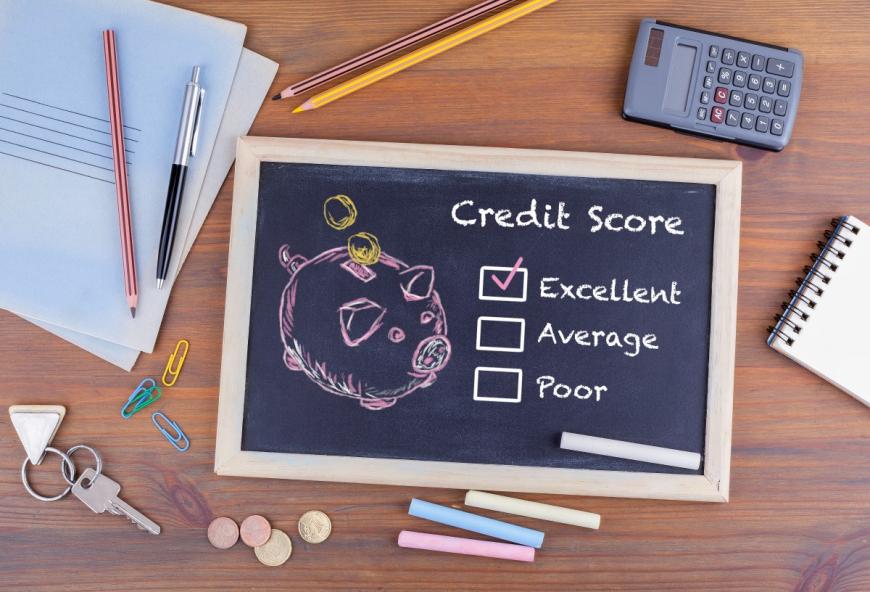
Improving your credit score: fattening up a thin file
A good credit score can help you reach your financial goals, but what do you do if you have a thin credit file? First and foremost - what does it mean to be a thin file consumer?
In short, a thin file means having no credit or not enough credit information to generate a score. Having a thin file can make it challenging to get approved for credit products because there is no good way for lenders to predict how likely you are to pay your bills.
Thin Files vs. Bad Credit
A thin file is not the same as bad credit. Bad credit is when you had credit in the past and didn’t follow through as agreed upon. Someone with bad credit will have a harder time improving their credit score because they will need to clear up the delinquent debts first and then establish new positive credit accounts. Whereas, someone with no credit is able to focus on establishing new credit accounts right away to build their credit.
The Impact of a Thin File
Who suffers from thin files the most? Someone who is new to the lending industry, typically, those in their late teens or early twenties. Others that suffer from thin files include individuals who have used cash most of their lives or who are new to the country.
For those with thin credit, it is important to begin building it. Credit is often used to purchase a home, buy a car, or finance a large purchase. If you have a limited credit file it will be difficult to get approved and if approved your interest rate will mostly likely be very high, costing you more over the life of the loan.
Building Credit
To build your credit score you will want to start by getting credit. The best options for establishing credit when you have a thin credit file include:
** Co-signed accounts
** Credit builder loans
** Secured credit cards
Secured credit cards are credit accounts that require a security deposit. Since a security deposit is required for this type of credit account the odds of getting approved are high. Therefore, secured credit cards are great options for building your credit if you have a thin credit file or are rebuilding your credit.
** Being added as an authorized user
Becoming an authorized user on someone else’s credit card can impact your credit negatively or positively. It will all depend on how the primary account holder manages their balance and payments. When you are an authorized user you are able to use the credit card, however, you are not responsible for making the payments. Since you are not responsible for the payments as an authorized user you may be removed from the account at any time.
Therefore, if the account does become delinquent and is negatively impacting your credit you will want to be removed as an authorized user. Authorized user account may help you establish a credit file, however, obtaining your own credit accounts will have a greater impact.
** Rental payments
If you are a renter with a good payment history you may want to talk to your landlord or property management company to see if they are reporting your payment history to the credit bureaus. If they are not you can look into a rent payment service. Having positive rental history reported is just one other way to beef up your credit file.
If you're interested in learning more about improving your credit score, visit our website or call 888.577.2227 to schedule a free appointment with a certified LSS Financial Counselor!
These questions were answered by Tasha Symiczek, a certified LSS Financial Counselor. All questions are a part of Experian’s weekly Twitter chat.
